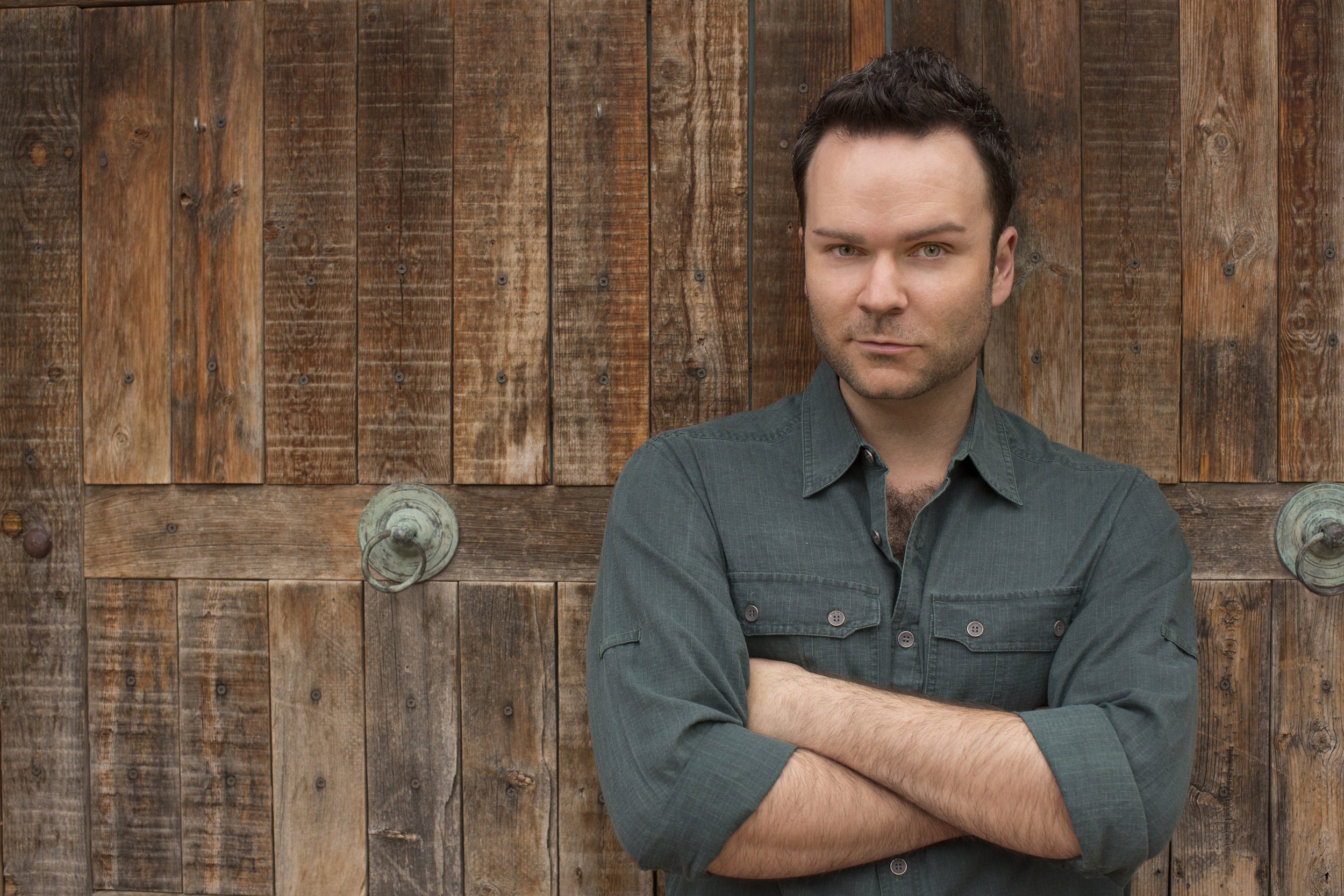
Opera News • 2012
Opera’s Next Wave
Time stopped in Zankel Hall this past January 19, when baritone Joshua Hopkins sang Samuel Barber’s “A Green Lowland of Pianos” at Marilyn Horne’s annual “The Song Continues” gala. The Barber piece isn’t a masterpiece, but Hopkins’s performance made it glow as if it were. Hopkins delivered all the goofy charm of Barber’s melody and Czeslaw Milosz’s text in his firm, honeyed baritone — an instrument that never sounds forced or hurried, whether he’s singing in an intimate recital hall or reaching the Fifth Ring of the vast David H. Koch Theater at Lincoln Center.
Born and raised in Canada, Hopkins is an alumnus of the Houston Grand Opera Studio. Earlier this summer, he sang Nielsen and Mozart with the New York Philharmonic at Lincoln Center and in Vail, Colorado, and was Mozart’s Almaviva in a concert at the Verbier Festival in Switzerland. He will return to Houston in fall 2012 for Marcello in La Bohème, and in December he comes back to the Metropolitan Opera, where he made his company debut in 2009, for Guglielmo Cecil in the Met premiere of Donizetti’s Maria Stuarda.
Hopkins is a dynamite performer. He sings a snappy Papageno, a deft Barbiere Figaro, and he created a tender, compassionate portrait of the tormented Junior in New York City Opera’s 2010 premiere of A Quiet Place. Unlike many fine opera singers, however, Hopkins is equally at home in a recital program — unaffected, relaxed and completely musical. It’s a pleasure to listen to him. The Barber song Hopkins sang for Marilyn Horne was part of a full set of short pieces by Barber and Paul Bowles, all of which were given first-class performances. Along with Vaughan Williams’s Songs of Travel and Saul Irving Glick’s cycle South of North — Images of Canada, the Barber and Bowles songs are included on Hopkins’s debut recital disc, Let Beauty Awake, a superb piece of work by the baritone and his accompanist, Jerad Mosbey. (It’s an ATMA release; if you haven’t heard it yet, grab it.) Shortly before Let Beauty Awake was released, Hopkins shared some of his thoughts on recitals with OPERA NEWS:
“Recitals are the hardest performing medium that I’ve faced, because an honest recital comes down to baring your soul. It’s you and the pianist or you and a chamber orchestra up there, but it’s really about you and your connection to the text. You can get away with hiding a little bit in an opera or a concert. In a recital, there’s nothing to separate you from the audience — no makeup, no costume, no music on a stand. The connection between you and the listener has got to be eye-to-eye, and it can be frightening for a performer. You are forced to open up your emotional life — to reveal your darker secrets or your happiest joys.
“To me, the life’s goal of an artist is to get to the point in performance, whether it’s in a recital or in an opera, where you can let the audience in emotionally but not go to the point where it all spills overboard and gets sloppy or weepy. You can’t really sing effectively that way, in any case. Finding that balance — hitting the place where I am able to connect to the text completely but not go too far with it — is what I’ve been experimenting with in the past couple of years and what I will always be looking for.”